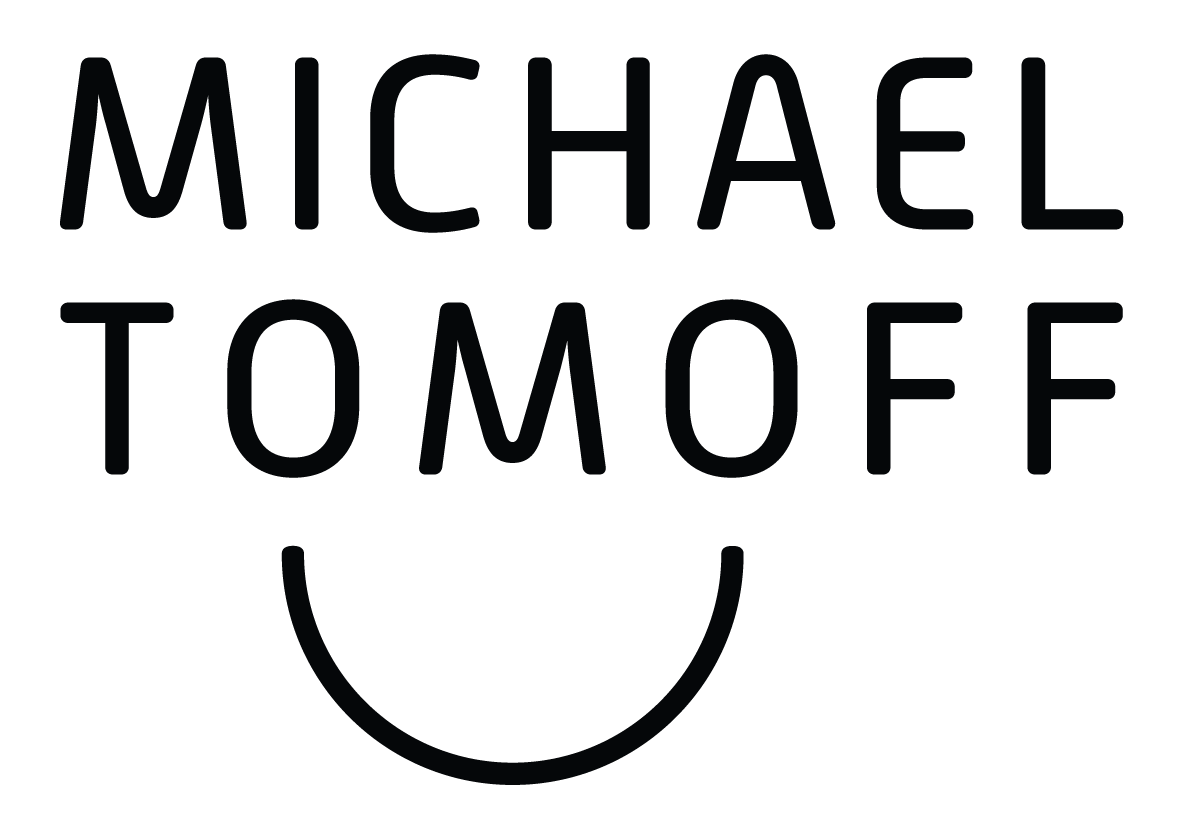In this article, you will learn about Psychological capital (a concept that investigates the Positive psychology for years) and the four realms Hope, Self-efficacy, Resilience and Optimism.
What do we mean by "capital"? And how is it different from other Capitals?
Psychological capital vs. economic capital
We hear the word “capital”, we associate mostly with money, and “the economy”. Companies and businesses are striving to increase their own capital, as well as your profits through the best possible performance of the employees.
Increasingly, however, we find that employees are no longer able to contribute due to the high psychological burden to work with this target. And increasingly no longer contribute want.
Companies face the consequences psychological stress to feel more and more frequently. For example, by loss of power of their work forces. These factors play such as decreased well-being, a larger and larger role (and thus a low level of psychological capital).
You may already have guessed: here organizational and individual goals diverge more and more drastically.
There seems to be no agreement between the two fields, as cases of Inability to work due to psychological stress in many companies is steadily increasing.
The need for a Investment in the receipt of mental health of employees is ubiquitous and of great importance both for the employees and the company itself.
But what is the role of psychological capital in the process?
Efficiency and Well-being of its employees? The HERO resources!
How can companies improve the efficiency of the work(ends) and nevertheless, the well-being of its employees hold up? How can employees take care of their health and performance to be maintained or even increase?
Psychological Capital (in short: PsyCap) comes in as a concept of Positive psychology, this is exactly the point. Psychological capital is so a positive psychological development of an individualthat is made up of the four-HERO-resources:
- “Hope” (hope)
- (Self-)“Efficacy” (self-efficacy)
- “Resilience” (resilience) and
- “Optimism” (optimism)
PsyCap has developed in recent years to a comprehensive research topic, since the construct shows connections to desired behaviors of employees:interior. And from the research numerous benefits for increased psycho-created logical capital.
For example, PsyCap is closely Performance and commitment in the workplace in compound (here, for example, a Meta-analysis on the topic). Similarly, the science shows that a high psycho-seems logical capital to have as a personal resource impact on the fight against Stress.
Concrete the use of PsyCap in the company
How can PsyCap are so selectively used?
This works very well, by the components of PsyCap be improved as a personal resource for employees, in order to enable long-term goals, such as performance, commitment, and the preservation of mental health in the workplace (Luthans et al., 2013 & Zuber Buhler et. al., In 2020, as well as Avey et al., 2006).
The PCI (Psychological Capital Intervention) according to Luthans (2006) first Intervention model for psychological capital established.
In Micro-intervention training participants can within just two hours the four HERO-resources through the use of various Exercises increase. Here, is the constant interaction of the Exercises is to observe each other.
4 resources to be promoted: hope, self-efficacy, resilience and optimism
Hope
Hope is funded by a three-pronged strategy. Here are effective goal setting, and creating a contingency plan and mental Imagine of the important and challenging goals, and Overcome obstacles in the foreground.
Participants are invited to a specific target, to select what you want to achieve in the context of Work. For this purpose, are Sub-objectivesto minor success in contributing to experiences.
In this context, it is of relevance to identify real and potential obstacles on the way of goal achievement, as well as several realistic ways of Overcoming this.
The next big player for a higher psycho-logical capital, our well-Known, which is...
Self-efficacy
The Self-efficacyso the confidence in their own abilities to cope with challenges successfully, can effectively be increased by performing targeted objective exercises.
Here, you will focus on imaginary successbased on realistic and achievable goals.
Through the regular Visualize this success experiences you develop with great probability stronger self-confidence and a higher problem-solving skills. This, in turn, helps to achieve your goals with greater probability, and thus to increase their individual self-efficacy.
This is supported by other members of the group and the leader of the experiment. This type during the entire development process, Feedback, and highlight the ability to achieve the set objectives.
In particular, the work in small groups promotes success - and each other. There is, therefore, already made an imaginary Tasks, in order to effect an improvement in the Psycap development process and thus increased psycho-logical capital.
The good thing is that these measures are positive emotions caused, associated, in turn, often with more self-confidence.
How can we use the resilience to increased psychological capital?
Resilience
Resilience is the ability to cope with setbacks, and strengthened it to go – almost like a rubber band that stretches and jerks back, without tearing. It is the art, the lives of the tongue stretch to say: "Is that all you got?"
Resilience the Visualize and Anticipate potential setbacks improved. Participants:the ability to classify and redesign of outside circumstances improve as a result.
You are prompted to record a personal setbacks, and the immediate reactions to it.
By the investigator, and work in small groups, the ideal process for the mental processing of a setback, it is made clear.
In addition, the following questions for a change in the influence of perception on external conditions help:
- “What do you have under control?“
- "What is outside of your control?"
- "What options do we have?"
As a result, it falls to the people, while easier to actually occurring setbacks to recover more quickly and stand up.
And this is true not only of the investigator optimitisch...
Optimism
Optimism is the tendency of a Person to expect in an uncertain Situation, the Best, and to maintain a positive attitude to life means.
It is, as you would with a broken umbrella in the pouring rain and, according to the forward: "at Least the plants are watered well today!"
Optimism will be promoted throughout the Intervention by participants to classify learning, control, and to anticipate setbacks and to cope with.
Positive self-promoted talks, as well as learned patterns of thinking. The expectation of negative things is minimized.
Here you can find other practical ways To cultivate your optimism.
PsyCap will be deemed to be Compared to many of the Marketing Hypes through its evidence-based basis of scientifically well as very attractive.
The research can be made and no statements on the long-term effects of this intervention, but the application has many short - and medium-term borne fruit.
Now it is "just" to take the Knowledge from the research in the company, and to support employees (and your organization) by strengthening their hope, self-efficacy, resilience and optimism.
For example, by a fine Workshop! 😉
On both your well-being is enhanced as well as their efficiency is in the long term on a high Level.
Conclusion
In this article, you learned how to use psycho can affect logical capital your life in a positive way and helps them to overcome personal and professional challenges. The four key elements – Self-efficacy, Hope, Optimism and Resilience – form the Foundation for sustainable success, and personal well-being.
By strengthening your mental resources, you can build self-confidence, achieve goals and overcome challenges. Through targeted Mentoring and Coaching can you expand on the psychological capital and a more fulfilling, more successful life. You can use this valuable knowledge to become the Hero of your own life story!
Literature
Luthans, B. C., Luthans, K. W.; Avey, J. B. (2013). Building the Leaders of Tomorrow: The Development of Academic Psychological Capital. Journal of Leadership & Organizational Studies, 21(2), 191-199.
Luthans, F., Avey, J.; Avolio, B.; Norman, S; Combs, G. (2006). Psychological capital development: toward a micro-intervention. Journal of Organizational Behavior, 27, 387-393
Luthans, F., Avey, J.; Avolio, B.; Peterson, S. (2010). The Development and Resulting Performance Impact of Positive Psychological Capital. Wiley InterScience.
Youssef-Morgan, C. (2014). Advancing WHETHER Research: an Illustration Using Psychological Capital. Journal of Leadership & organizational Studies, 21 (2), 130-140
Zuber Buhler, M.; Salanova, M.; Martinez, I. (2020). Coaching-based Leadership Interventíon Program: A Controlled Trial Study. Frontiers in Psychology.

